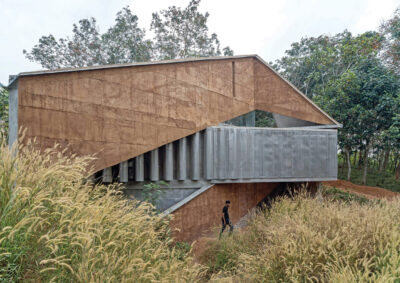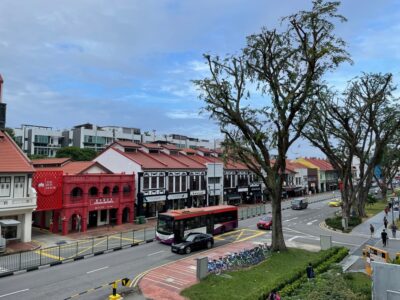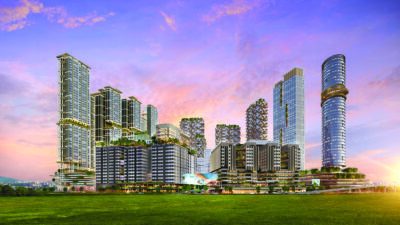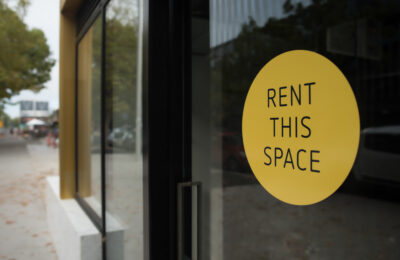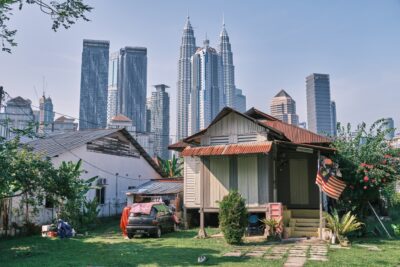Hotels in the Philippines repurpose space and digitise for survival
Expected changes in travel behaviour include multigenerational travel and interest in sustainable tourism
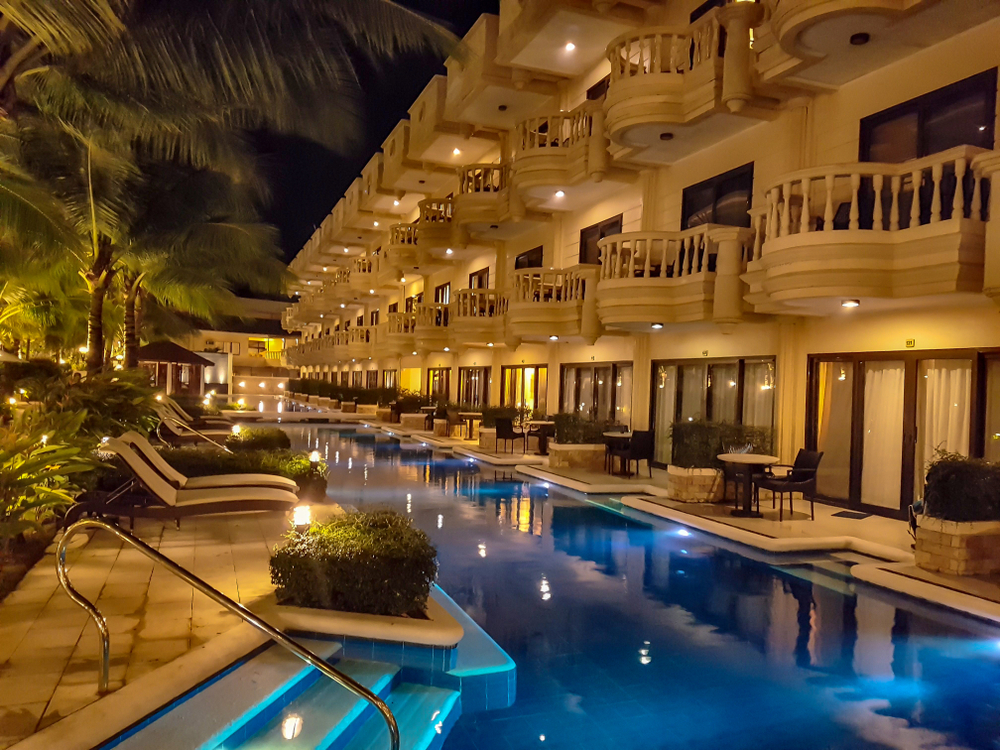
Hotels in the Philippines are pushing through the pandemic by repurposing space, as well as refinancing and exploring sale opportunities, according to Santos Knight Frank.
The recent webinar “Hotel Outlook: The Road Back to Business”, hosted by Santos Knight Frank in collaboration with the British Chamber of Commerce Philippines, revealed that hoteliers are tapping new markets and demands to remain operative amid the pandemic.
Adaptations include digital transformations such as e-concierge, F&B delivery, and virtual event management, along with repurposing spaces like ballrooms and lobbies for office use.
Cleofe Albiso, group general manager of Megaworld Hotels & Resorts, said, “We all have to be creative in making sure that we all survive and operations can be kept afloat despite the pandemic.”
Plans of numerous hotel groups have also been delayed by the pandemic, with data from Santos Knight Frank indicating that around 7,400 hotel rooms in Metro Manila are predicted to be fully operational by the end of 2021 to 2025, but 4,300 rooms are delayed.
As the United Nations World Tourism Organisation predicted that it might take two to four years for international tourism to fully recover, the Philippines is capitalising on domestic tourism.
The Department of Tourism (DOT) has identified and developed 44 tourism circuits so far, with 71 more in the works.
To prepare for the return of international visitors, the DOT is keeping the country relevant via travel fairs, B2B missions, as well as conducting training programs and vaccination for workers.
Thailand’s Phuket Sandbox is among the successful models of managing tourism, in which vaccinated travellers can visit other places in the country after staying 14 days in Phuket. However, Bill Barnett, managing director of C9 Hotelworks and jury chairperson of the PropertyGuru Asia Property Awards, points out the model’s limitation.
“Air lift will determine everything. You can’t stay there if you can’t get there,” he says.
On the other hand, the pandemic also offers distressed hotel assets for investors hoping to capitalise on travel rebound.
“The hotel and tourism sectors are some of the worst-hit real estate asset classes across the world. Hotels have been forced to pivot, innovate, and explore financing options to sustain their operations. We have seen an increasing number of hotels in the Philippines who are now looking at repurposing their spaces for other uses, such as office and residential, and retrofitting their facilities to address safety and health protocols,” says Rick Santos, chairman & CEO of Santos Knight Frank.
Bruce Winton, multi-property vice president-Philippines at Marriot International, expects changes in travel behaviour, including demand for great dining choices, fewer trips but longer stays, more multigenerational travel, and a greater appreciation for the environment and sustainable tourism.
More: Metro Manila grade A office vacancy rate nears 20 percent by next year
“Hotels will be designed more for families and trips will become much more of a family event for a longer period of time and hotels are going to need to be designed that way,” he explains.
“The future is bright,” says Winton. “There is a light at the end of the tunnel and everything we’ve done will help us as we emerge from this as we come back better and stronger.”
The Property Report editors wrote this article. For more information, email: [email protected].
Recommended
Meet the vagabond architect behind India’s housing scene
Vinu Daniel is helping to shake up India’s home building setting
Where Asian real estate stands in a fragmented, warmer world
Asia’s real estate industry faces many and varied challenges as external factors continue to bite
6 sights to see in Singapore’s Marine Parade
Handily located Marine Parade has emerged as a vibrant investment choice in the Lion City
There’s a township dedicated to health and wellness in Malaysia
Property seekers have their health needs catered for at KL Wellness City

